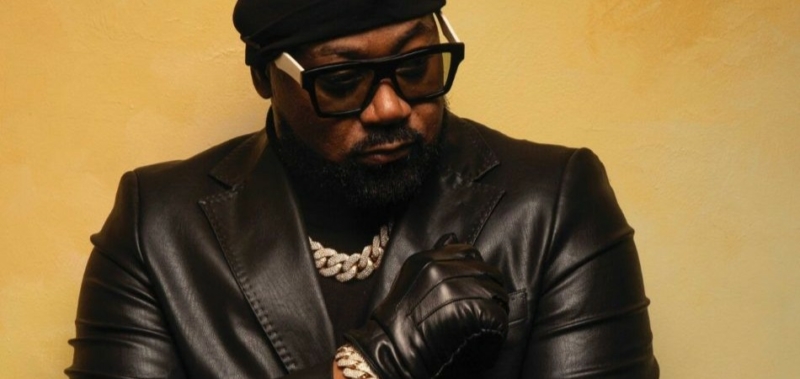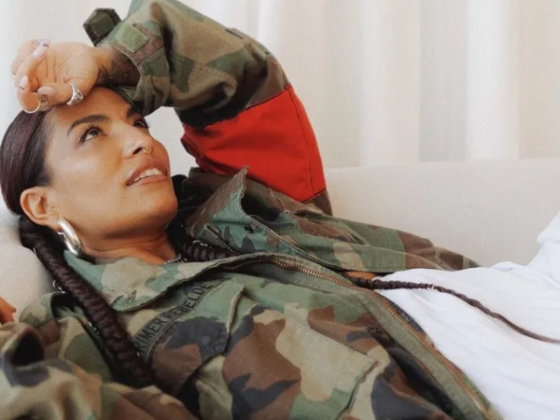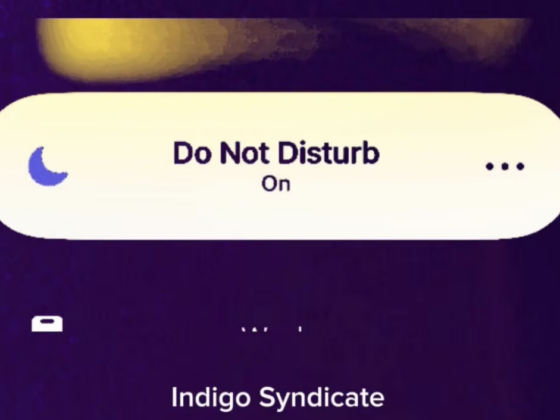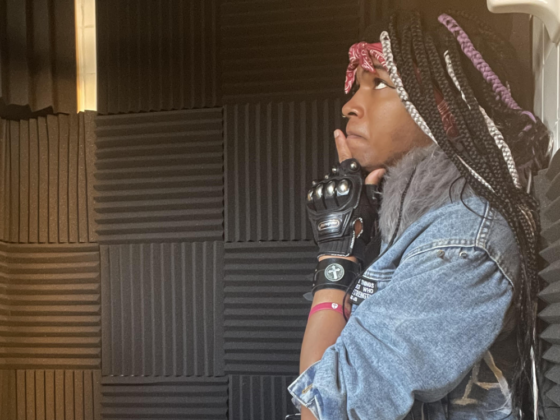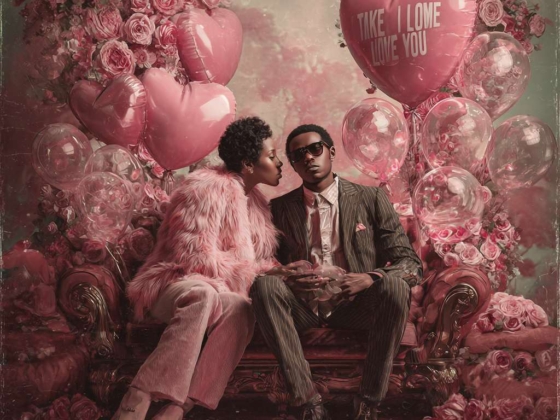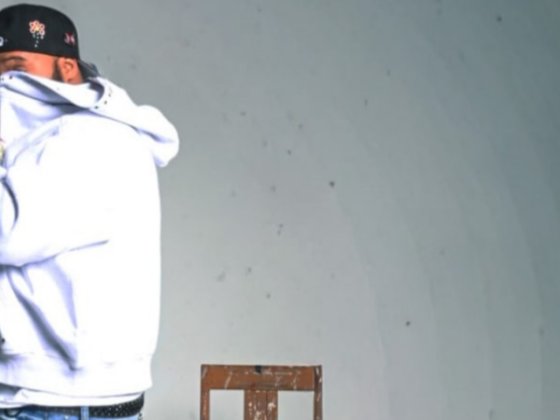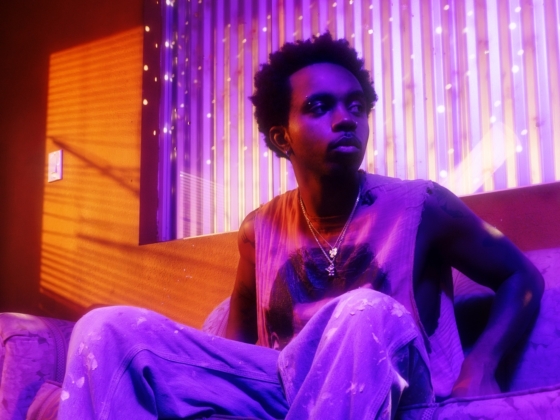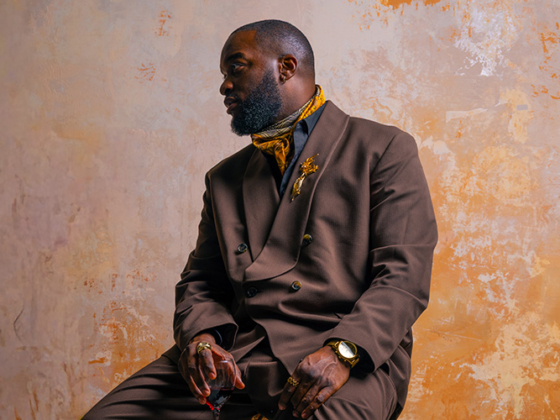One of the first things that lands on Supreme Clientele 2 is the energy in Ghostface’s voice. His rasp is still amped and reckless, and he proves early on that he's still a top-tier narrator who can flip from diamond-draped bragging to blood-on-the-tile details in half a bar. He sounds present and hungry, not embalmed by legacy. You hear it immediately on "Iron Man": a knuckle-cracking "welcome" where the beat stomps and Tony Starks sprays quotables like glass shards. A few minutes later, "Curtis May" kicks the door properly: Styles P and Conway tag in with chest-plate-piercing verses while Ghost grins through the smoke—“these raps is like painkillers taken on empty stomachs”—and the beat glides like a getaway car in the clear.
The album keeps hopping temperatures and time. "Sample 420" with M.O.P. is pure keep-your-gun-close gutter energy, Fame and Danze barking over a scratchy old-school soul loop while Ghost sizes up the room. Then he pivots to trife-life storytelling: "Georgy Porgy" sprays bullets and disco-era funk into smoke-filled rooms. Only Ghostface Killah would lace a cut about a drug spot heist with a line about distracting kids with Cheetos and make it feel cinematic. "4th Disciple" goes colder in a classic Rae & Ghost vein: a hospital-floor vigil that flashes back to "Only Built…" vibes and lands with a thud in the gut; the images arrive bloodstained and panicked.
The skits stitch the tape together in a pre-TikTok hip-hop way. "Pause" cracks on the culture’s reflexive "no-homo" policing; an "I Know Black People" styled game-show interlude cues up "The Trial," a full-on courtroom set piece with (judge) Method Man, GZA, Reek da Villain, and Pillz trading lines around Ghost and Rae’s fates. It’s classic mafioso-rap theater by two of the best to do it. When the smoke clears, "Love Me Anymore" brings fellow rap legend and Mass Appeal head-honcho Nas through for fly talk that keeps shading into elegy; the verses clock the decades without getting stuck there.
Stepping into the producer chair, Ghost proves that his beatmaking ear is restless but grounded. "Windows" (co-produced with Scram Jones) sneaks a soul sample hook in between jailhouse snapshots; "Beat Box" salutes Biz-era park-jam bounce without cosplay; "Rap Kingpin" flips classic fragments into a new coat of armor and struts through the projects with its head held high. On the other end of the map, "The Zoom" glides on a quiet storm shimmer like a Commodores daydream, while "Candyland" turns a sweets aisle into a narcotics atlas—a little goofy, vivid, a little unhinged, and very Starks. By the back stretch, "You Ma Friend" with Method Man drops the bravado to ask blunt questions about loyalty, honesty, and realizing that you're only getting closer to the grave.
For all the callbacks, this isn’t a mausoleum. The beats are bumpin', the writing stays airtight, and the sequencing makes the 22 tracks play like channels on a late-night marathon. Ghostface doesn’t try to outrun his classic; he builds beside it. In today’s landscape—where Griselda pushes grit back into the mainstream and veterans from Nas to Killer Mike are sharpening with age—Ghostface Killah not only sounds relevant, his music sounds essential.

